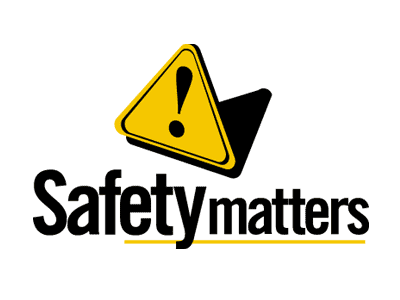U.S. needs to focus more on vaccine safety: report
15 Δεκεμβρίου 2009
 The United States needs to establish a permanent group that advises the government on vaccine safety and spend more money to address safety concerns about vaccines, the Institute of Medicine said Friday.
The United States needs to establish a permanent group that advises the government on vaccine safety and spend more money to address safety concerns about vaccines, the Institute of Medicine said Friday.
The institute, one of the National Academies of Sciences that advises U.S. policymakers, called for a stronger, more focused national vaccine strategy that sets the nation’s vaccine research agenda.
“While the immunization system has functioned well through the years, we may have missed opportunities,” Claire Broome of Emory University, Atlanta, who chaired the committee that wrote the report, said in a statement.
The committee reviewed a draft of the U.S. Department of Health and Human Services’ National Vaccine Plan, which sets the national agenda for protecting Americans from vaccine-preventable illness.
“Because vaccines and immunization constitute a major public health matter that involves multiple government agencies and has great importance to the public’s health, an effective coordinating entity is needed,” the committee said in the report.
They said the National Vaccine Program Office at HHS, which has taken a lead in ensuring the safety of the H1N1 swine flu vaccine, could serve this purpose, but it currently lacks adequate authority and influence.
PUBLIC CONFIDENCE
They said the revised plan also should include a strategy to speed the development of high-priority vaccines, and expand funding for safety research and monitoring — including the development of a national communications strategy to bolster public confidence in vaccines.
Increasingly, fears about possible health threats such as autism from childhood vaccinations have led a small proportion of parents to refuse the shots for their children. That has raised the prospect that vaccine-preventable illnesses such as measles and whooping cough may reappear in clusters.
The committee said it found no evidence of an overarching strategy to address misinformation about vaccines.
“Simply promoting the use of vaccines no longer meets the needs of individuals and families seeking to make informed decisions amidst a maelstrom of conflicting messages,” the committee wrote in the report.
They said communication about vaccine safety “has been largely reactive to crises, and has been conducted by a small and underresourced staff” at the U.S. Centers for Disease Control and Prevention.
They said information about vaccine safety needs to be communicated in a strategic and comprehensive manner to help inform decision making about vaccine use.
The committee also called for research and development of a single vaccine that would work against all influenza viruses.
And they called for a centralized research agenda, noting that most vaccine research and development in the United States stems from the interests of individual researchers, rather than a set of national priority targets.
(Reporting by Julie Steenhuysen; Editing by Xavier Briand)
source: Reuters



